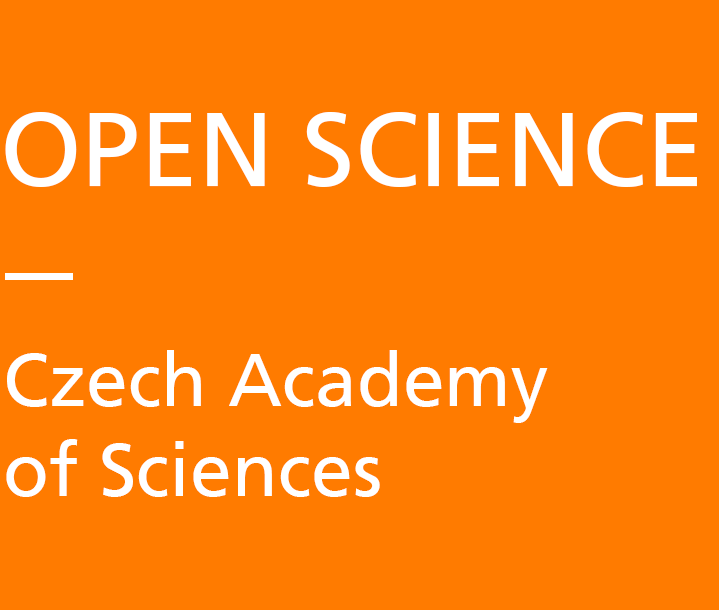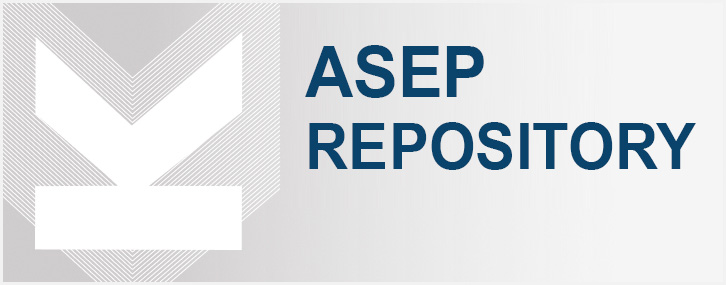Related to APC fees and their unintended consequences in the current science assessment system is the issue of predatory/questionable journals. This is the case of publishers whose business model is based on prioritising APC fee income over the scholarly quality of the titles and articles produced. This is achieved by high production of special issues, active outreach to authors and ultimately potential editors and editorial board members, rapid peer review, and generally low standards for published texts and a resignation to publishing ethics.
In this context, we draw attention to the recommendation of the Scientific Council of the CAS of 21 April 2022 (Czech), which, using the example of a specific publisher, MDPI, formulated a generally valid call for the boards of research organisations to:
“…address the issue of evaluation of publications in journals and monographs in their fields, especially for those publishers that, in open access access, favour quantity and speed of publication over quality and independence of the peer review process.”
Journals should be carefully selected for publication of results, primarily with regard to the quality of peer review.
Think. Check. Submit
The website helps authors to decide whether the journal they want to publish in is trustworthy. The site offers a simple list of steps to guide the scientist-author through a critical evaluation of both the journal and the publisher.
Sherpa Romeo
When looking for a suitable journal to publish, it is also possible to draw on a comparison of publishing terms and access to copyright on the website of the British organisation Joint Information Systems Committee (JISC) – dedicated to education on this issue.
Stop Predatory Practice
The FLU CAS, the CZU and the KNAV have developed methodology and an open educational module regarding predatory practice.
Last updated on August 12, 2024



